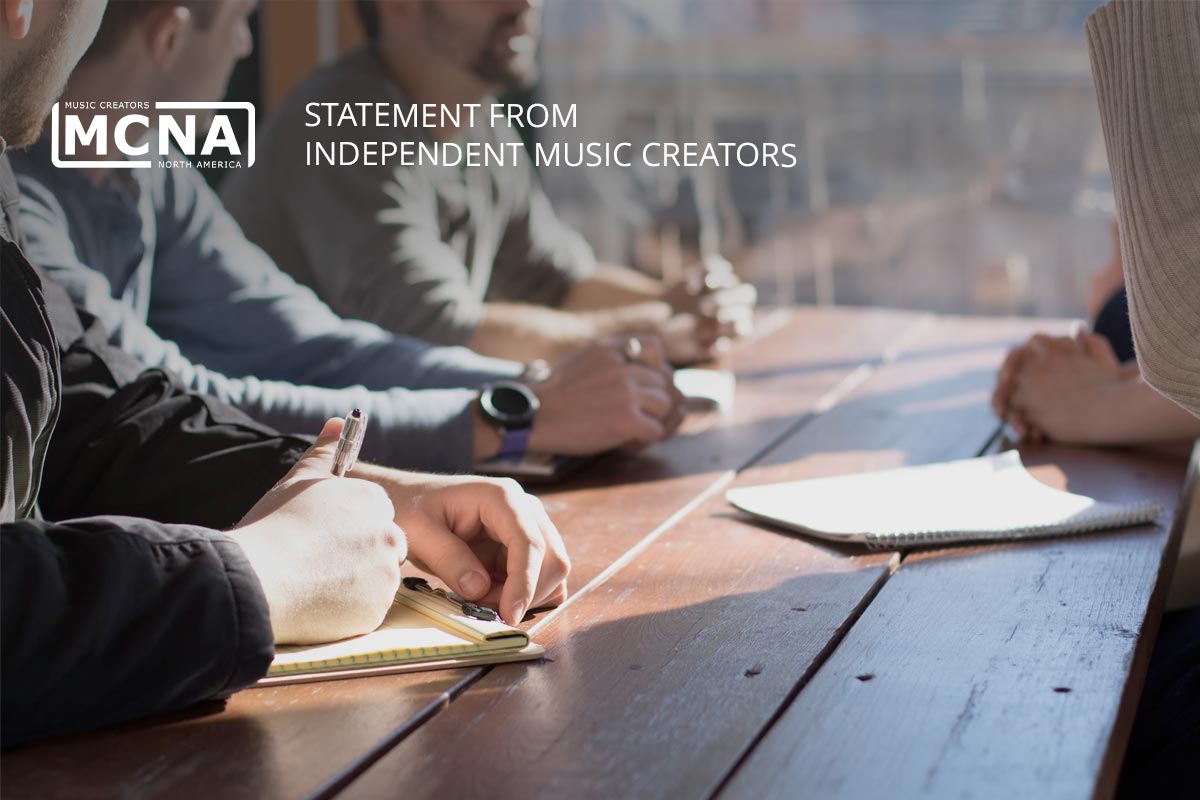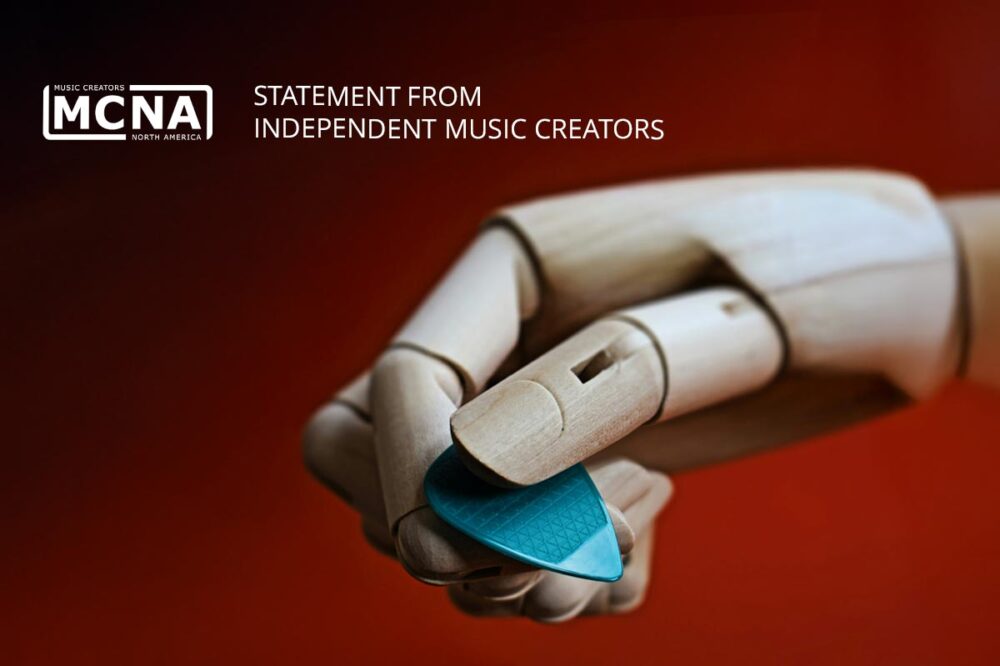Music week in NYC kicks off with a bang.
The Songwriters Guild of America, the Society of Composers & Lyricists, and Music Creators North America (led respectively by music creators Rick Carnes, Ashley Irwin and Eddie Schwartz), have released a statement kicking off Music Week in New York asserting that the songwriter and composer community must be part of any industry-wide solution that seeks to address the existential issue of Generative AI licensing.
They deem the past, backroom deals negotiated by the vertically integrated labels and music publishers with the tech industry (including digital music streaming companies) as wholly imbalanced and inadequate to meet the needs of the creators on whose backs the industry rests, and demand a legislative process in which the interests of songwriters, composers and artists are independently represented and fully protected.
The full text of the statement follows below.
Indie songwriters and composers reject the majors’ same old exclusionary song & dance
New York, June 10, 2025 – The independent US and global songwriter and composer communities awoke to a familiar tune earlier this week. Was it the old chestnut “(I Think) I’ve Heard that Song Before,” made famous decades ago by Harry James? Or Aerosmith’s rock classic “Same Old Song and Dance”? Or even an update on Brittney’s infamous pop recording of “Oops, I Did it Again”?
No, it was a Bloomberg News report that the Major multi-national record labels –and presumably their vertically integrated music publishing arms– are engaged in closed-door meetings with yet another Silicon Valley-based community of unauthorized music users seeking to trade equity in exchange for extinguishing their massive exposure to copyright infringement liability. And once again, music creators are being treated as invisible non-entities in these discussions. That, even though the talks may existentially dictate the course of the professional, artistic and financial futures of songwriters and composers by framing “industry-wide solutions” without their input or consent.
The Major labels had previously sued the generative artificial intelligence (GenAI) system operators UDIO and SUNO, seeking to prevent them from scraping and incorporating millions of musical compositions and recordings into their “training” databases with neither right nor license to do so. “Training” in this instance (as is often the case with Silicon Valley jargon), really means “ingesting” existing copyrighted music without authorization, and enabling algorithmic output of unauthorized derivative works, the value of which will accrue solely to the benefit of the GenAI companies without royalty payments of any kind to the original human creators.
But wait! Music creators have been informed by news reports that the Major music label and copyright administrators may be receiving equity compensation in exchange for retroactive licenses, so it’s ok!
No, it is not ok. Not for songwriters. Not for composers. And not for recording artists.
This situation is sadly reminiscent of past, backroom music industry deals from which creators were essentially excluded, resulting in grossly unfair, opaque, industry-wide arrangements between international conglomerates under which all parties but creators and artists benefitted. The catastrophe of untenable music streaming royalty rates is just one example among many of how these so-called “equity deals” can result in the devaluation of music in ways that make it nearly impossible to earn a living as a music creator. We cannot allow this history to repeat itself.
If there is to be a setting of industry-wide GenAI licensing standards, it should be with the benefit of an open, legislative dialog and process whereby all details are disclosed to the affected parties and market competition is preserved. It should be with the disclosure of how licensing guidelines will be negotiated and implemented, how equity (if granted) will be liquidated and shared with creators, how creators may opt in or out of input “training” systems, how back-end royalties on output will be generated and shared, how the one-third of music creators not affiliated with the majors will be provided with safeguards from being excluded from the licensing marketplace, and certainly not least of all, how the conflicts of interest created by vertical integration, consolidation, and equity stakes will be addressed and mitigated in the framing of US and international GenAI licensing solutions.
Independent music creators speak for themselves, and we are speaking now.
We want meaningful input and seats at the table in a legislative process that should take precedence over secretive, backroom deals among multi-billion-dollar corporations that prize only raw, short-term profit. We want the legislative implementation of rules that will create a fair and sustainable GenAI ecosystem nationally and globally. And we want a market environment that allows all businesses and creators to thrive, along with the preservation and advancement of American and global musical culture.
We join with our music creator and artist colleagues around the world, including Fair Trade Music International, the UK Musicians’ Union, the Ivors Academy and many others, in making these points and demands. (We also take note that the so-called “Ethical AI” companies who have spent months attempting to license before launching their services are already claiming they’ve been played for suckers. We are not unsympathetic).
And so, as the major music companies and their trade associations prepare to announce the “industry-wide solutions” they’ve negotiated without consultation with those who actually create the cultural product on which our industry rests, we have just one thing to say:
“We Won’t Get Fooled Again.”
###
The Songwriters Guild of America (SGA) is the longest established and largest music creator advocacy and copyright administrative organization in the United States run solely by and for songwriters, composers, and their heirs. Its positions are reasoned and formulated independently and solely in the interests of music creators, without financial influence or other undue interference from parties whose interests vary from or conflict with those of songwriters, composers, and other authors of creative works. Established in 1931, SGA has for over 94 years successfully operated with a two-word mission statement: “Protect Songwriters,” and continues to do so throughout the United States and the world. SGA’s organizational membership stands at approximately 5000 members.
The Society of Composers & Lyricists (SCL) is the premier US organization for music creators working in all forms of visual media (including film, television, video games, and musical theatre). It has a membership of over 4000 professional composers and lyricists, and is a founding co-member –along with SGA and other independent music creator groups– of MCNA.
Music Creators North America (MCNA) is an alliance of independent songwriter and composer organizations that advocates and educates on behalf of North America’s music creator community. As the only internationally recognized voice of North American songwriters and composers, MCNA, through its global affiliations, is part of a coalition that represents the professional interests and aspirations of more than half a million music creators across Africa, Asia, Australasia-Oceania, North and South America, and Europe.




